Back from the brink: the global effort to save coral from climate change
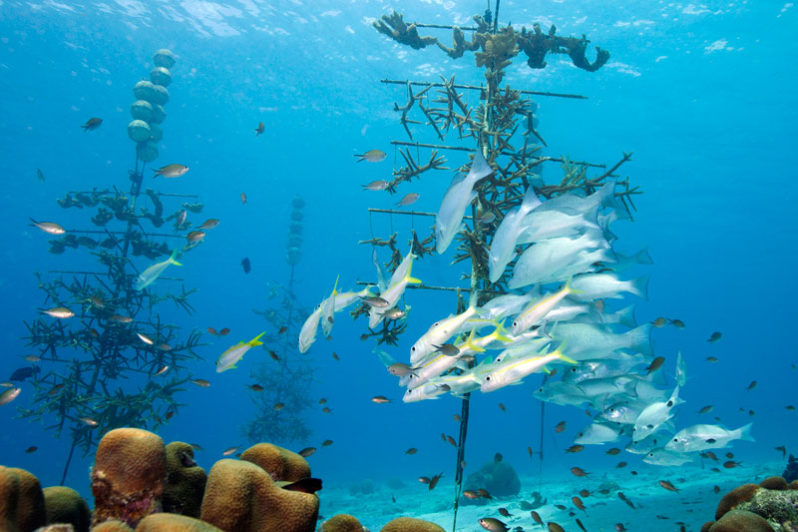
Underwater nurseries offer glimmer of hope for endangered ecosystems, encouraging growth of coral fragments on fibreglass structures anchored to the seabed.
Once majestic Atlantic Forest ’empty’ after 500 years of over-exploitation
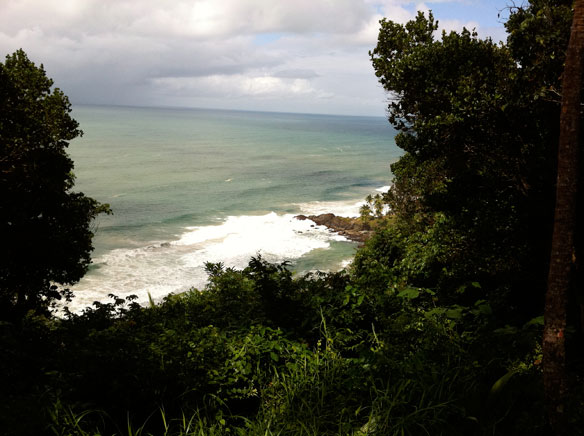
Five centuries of over-exploitation has halved mammal populations in South America’s Atlantic Forest — according to new research from the University of East Anglia.
Climate gentrification: the rich can afford to move – what about the poor?

While wealthy Arizonans flee the desert for cooler climes, ‘climate gentrification’ is also affecting hipster Red Hook, exposed on New York City’s floodplain. In Texas, campaigners want the oil industry to help pay for a coastal barrier to shield six counties from storm surges. And Molly Peterson asks what you can do if you buy a disaster-prone property and nobody warned you: so far, not much.
Dramatic videos capture the moment a massive iceberg breaks away from a glacier
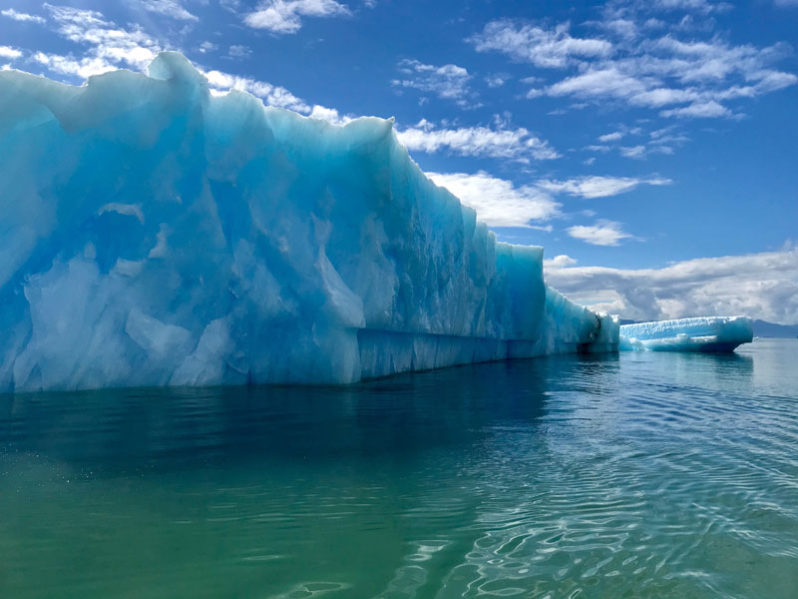
Scientists from New York University captured breathtaking video of a 4-mile-long iceberg breaking off Helheim Glacier in eastern Greenland. While captivating, the researchers see the video as an alarming look at global sea-level rise.
Op-Ed: Connecting Climate Change, Storms
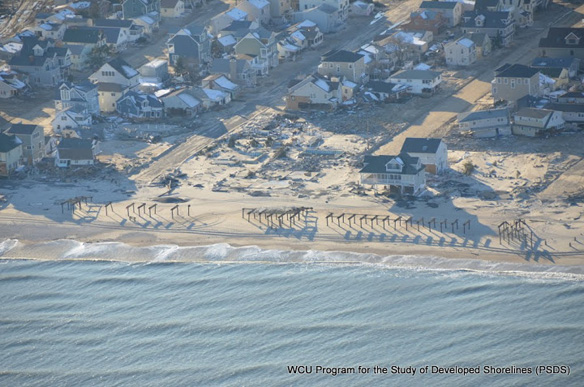
In a recent Op-Ed, environmental engineer Jason West implored the media to make the connection between intensifying storms and climate change. I couldn’t agree more.
Beach rebuilding efforts won’t stave off climate change impacts forever
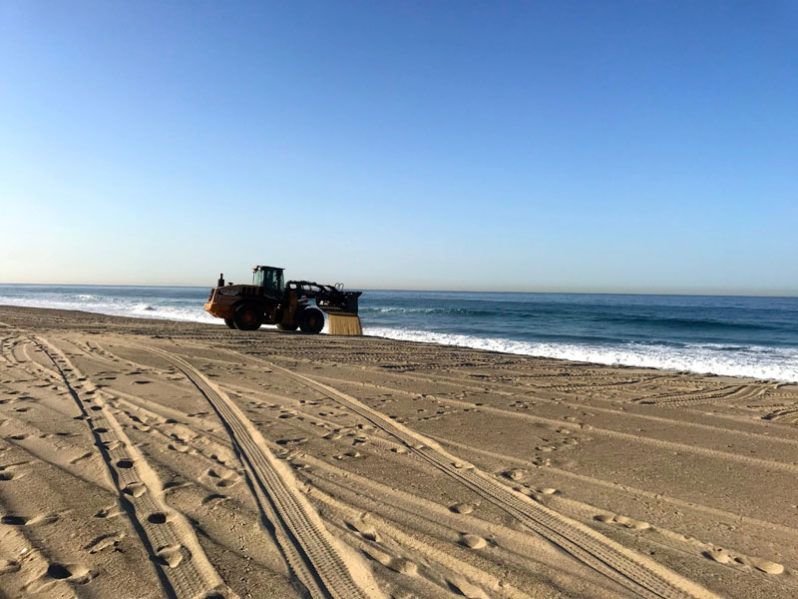
Supplemental sand may have saved a North Carolina beach from Hurricane Florence, but some say the projects aren’t worth it.
More than ever, our clothes are made of plastic. Just washing them can pollute the oceans.
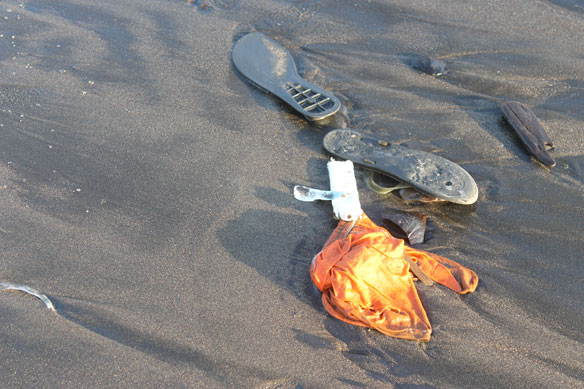
It’s no secret that too many of the plastic products we use end up in the ocean. But you might not be aware of one major source of that pollution: our clothes.
Satellite image shows Florence’s floodwaters polluting the Atlantic
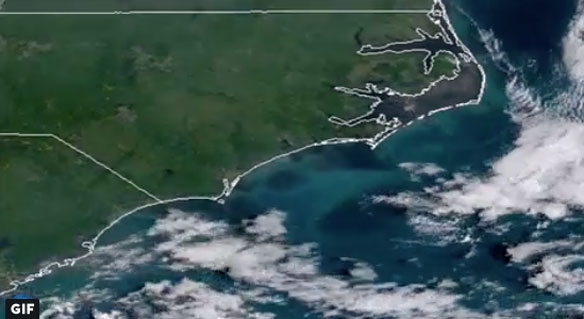
As the Carolinas’ swollen rivers crest, their “polluted floodwaters” are dumping out into the Atlantic, visibly discoloring the water offshore, federal experts have noted.
Climate change modifies the composition of reefs
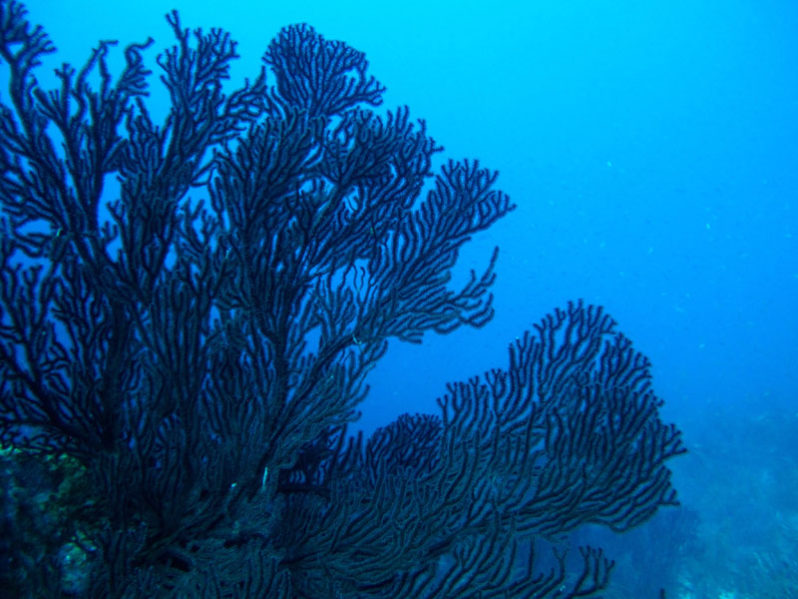
Corals devastated by climate change are being replaced naturally by other species such as gorgonians, which are less efficient in acting as a carbon sink. A study has analyzes for the first time why gorgonians are more resistant than corals to human impacts and global climate change.
